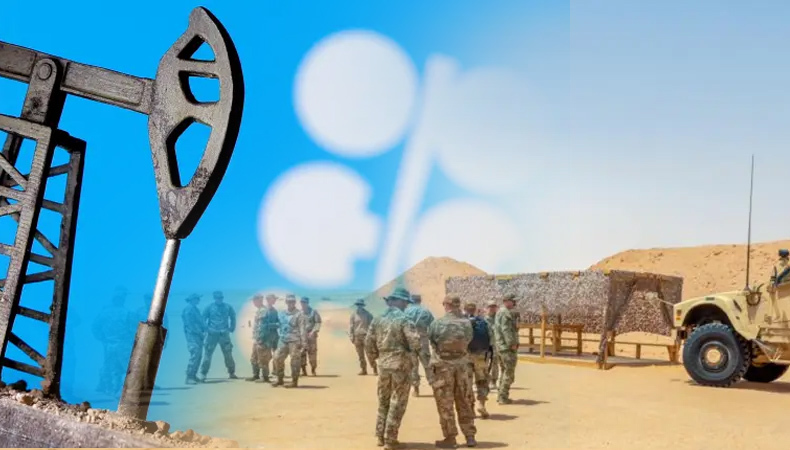Saudi Arabia Might Pay Heavily Over Decision To Cut Oil Production As OPEC+ Leading Member

All is not good between the OPEC+ nations and the United States. Apparently, the latter has slammed then for cutting down on the production targets of oil. The Democrats have felt as if they have been slapped on their faces and now are contemplating withdrawing military support offered to Saudi Arabia for starters.
A bill to withdraw troops and military support has already been passed on and many are being seen to support the decision in Washington. Introduced by the Democrats like Tom Malinowski, Sean Casten and Susan Wild, it is now being seen as a direct response to OPEC+’s decision to issue a major cut in oil production, which market analysts say will force the price of oil to rise to above $100 a barrel again.
Meanwhile, Saudi Arabia has been pushing for other nations to support to declared the Iranian backed Al-Houthis as terrorists who have been instrumental in this decision for production cuts and fluctuating prices of oil. Most Saudi Arabian energy infrastructures remain vulnerable to Houthi led drone strikes.
Al- Houthis have also threatened to attack any other countries that invest in energy production with Saudi Arabia. It has asked for investment withdrawal by private companies beginning of September.
Read | Saudi Arabia maintains same crude oil export price to Asia for November
Democrats, on the other hand, have also accused Saudi Arabia of siding with Russia to raise prices amid signs that the global economy is slowing, with Wednesday’s move seen as a win for Moscow as it faces battlefield losses in Ukraine, and reduced revenue from falling oil prices in recent weeks.
A formal statement from the lawmakers says, “We see no reason why American troops and contractors should continue to provide this service to countries that are actively working against us. If Saudi Arabia and the UAE want to help Putin, they should look to him for their defense. It is time for the United States to resume acting like the superpower in our relationship with our client states in the Gulf. They have made a choice and should live with the consequences. Our troops and military equipment are needed elsewhere.”




